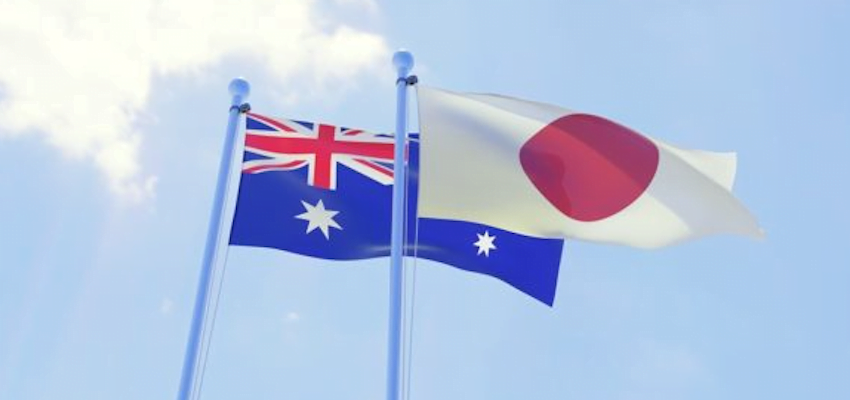JAPAN has reportedly written to the Australian government that a proposed biosecurity levy could violate the spirit of a free trade agreement between the two nations, according to media reports.
A story in the Australian Financial Review, written by one of the nation’s foremost political journalists Phil Coorey, said the Japanese embassy in Canberra had conveyed its concerns in a letter to trade minister Simon Birmingham.
According to the AFR, the levy “is of serious concern to the Japanese business community’” and that “biosecurity risk cost is already covered by the international ships as a component of the ship arrival fee”.
“In addition, the Japanese business community recently was quite surprised to learn that the government intends to extend the base of the levy to all commercial vessels, including arriving empty to take exports,” it stated.
Currently under review by a steering committee, the idea of the levy is to recoup around $100m a year.
The levy would be:
- imposed on all containerised and non-containerised cargo imported to Australia by sea, except for military equipment imposed on stevedores
- set at $10.02 per incoming twenty-foot equivalent sea container and $1 per tonne for non-containerised cargo
- 1% of the current cost of importing a container to Australia.
It always has been contentious since its announcement in the first half of 2018, with concerns raised by the shipping industry, port operators and forwarders.
According to the Department of Agriculture, the levy “will contribute to onshore surveillance, diagnostic, data analytics, research and adoption of new technology”.
“This will help us to detect, identify and respond to exotic pests and diseases earlier,” the Department stated.
“It will ensure we can move people and goods into Australia safely and more efficiently.”
The Department of Foreign Affairs and Trade lists the value of trade in goods and services between Australia and Japan as being $71.8bn in 2017.

